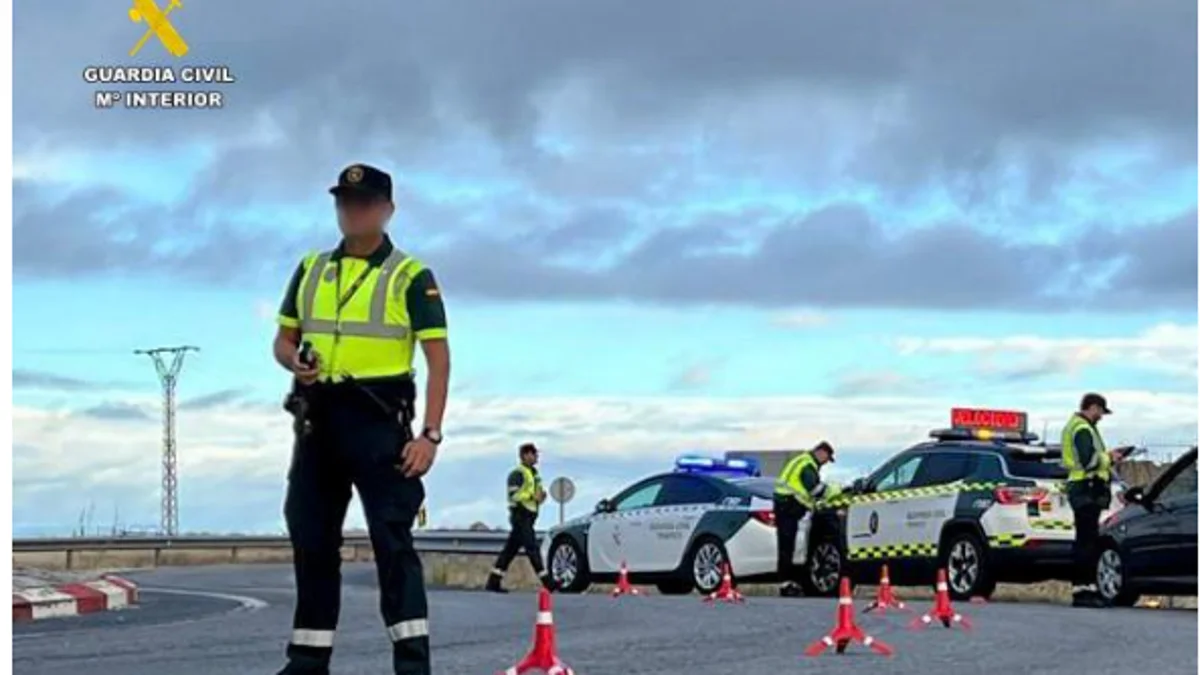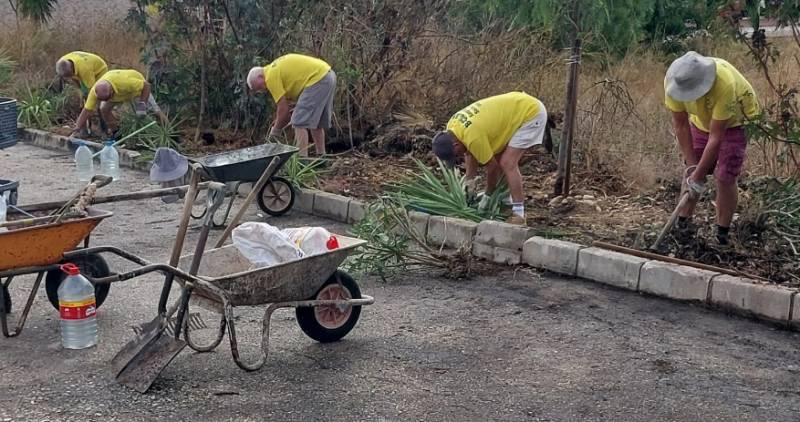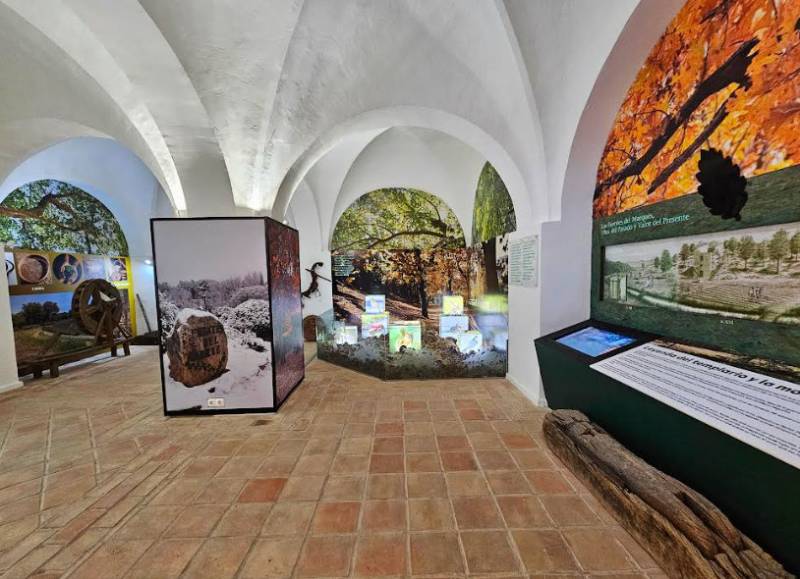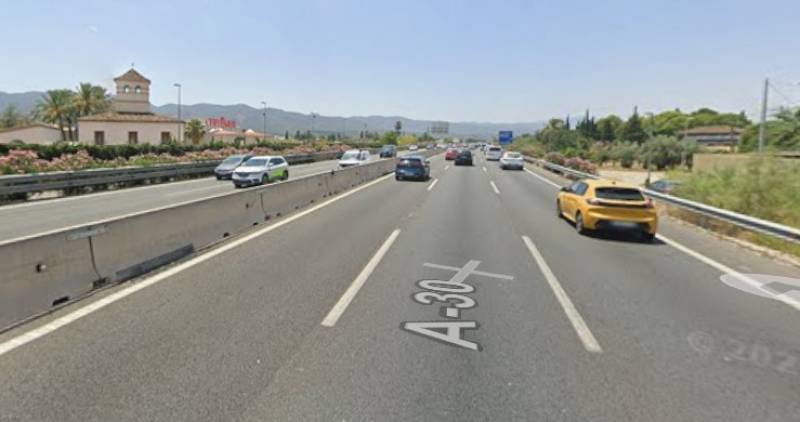- Region
- Vega baja
- Marina Alta
- Marina Baixa
- Alicante
- Baix Vinalopo
- Alto & Mitja Vinalopo
-
ALL TOWNS
- ALICANTE TOWNS
- Albatera
- Alfaz Del Pi
- Alicante City
- Alcoy
- Almoradi
- Benitatxell
- Bigastro
- Benferri
- Benidorm
- Calosa de Segura
- Calpe
- Catral
- Costa Blanca
- Cox
- Daya Vieja
- Denia
- Elche
- Elda
- Granja de Rocamora
- Guardamar del Segura
- Jacarilla
- Los Montesinos
- Orihuela
- Pedreguer
- Pilar de Horadada
- Playa Flamenca
- Quesada
- Rafal
- Redovan
- Rojales
- San Isidro
- Torrevieja
- Comunidad Valenciana
Date Published: 30/08/2022
ARCHIVED - What we know about the dead bodies found on the Murcia-Alicante coast
Seven bodies have been pulled from the water in the last 48 hours, and a further nine may still be missing
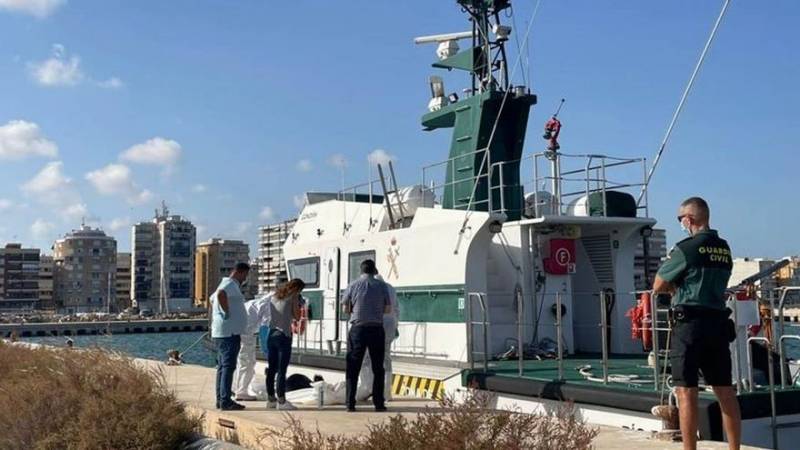
The bodies of seven people, including those of two children, have been retrieved from the ocean between Sunday and Monday in the waters off La Manga, Pilar de la Horadada and Torrevieja by the Maritime Service of the Guardia Civil.
According to sources from the Security Forces and Corps, barely 10% of the bodies of people who die at sea in shipwrecks are recovered. Of these, many are never able to be identified, nobody claims them and their mortal remains are left in a cold room in the morgue.
Survivor tells the gruesome tale of disaster at sea
Passengers on a sailing boat raised the alarm on Saturday: a small six-metre fibreglass boat was adrift with only one person on board. Maritime Rescue sent the Helimer 223 helicopter to the area, which rescued a man who was alone on board the boat. This lone crew member was found in a state of dehydration, conscious and suffering from sunburn, so he was transferred to Manises airport by Salvamento Marítimo, where an ambulance was waiting to take him to a medical centre.
This man, just 21-years-old and who claims to be from Morocco, said that his boat was left Algiers on August 1 carrying 16 people, and then suffered a strong blow from the sea on August 21. Everyone was swept overboard except him.
Although the young man claims to be from Morocco, the Guardia Civil’s investigation into the deceased concluded that they could be from Algeria, as documentation of people from that country has been found on the patera.
Seven bodies have been found so far, leaving a further nine which are still missing.
The bodies found in La Manga have been transferred to the delegation of the Institute of Legal Medicine of the Region of Murcia in Cartagena, in order to perform autopsies, find out the cause of death and calculate the time they had been dead at sea, as well as to extract samples to identify them by DNA or fingerprints. The bodies rescued in Pilar de la Horadada and Torrevieja were taken to the Institute of Legal Medicine in Alicante.
How do they identify the bodies of people who die at sea?
One of the main challenges faced by police, the Institute of Legal Medicine in Murcia and humanitarian organisations working to help those who arrive in the Region in search of a better life, is to establish the identity of a dead person considered missing and of whom there is no evidence that their body has reached the coast.
Every year, migrants from all over Africa, who have undertaken perilous and costly journeys across the continent, depart from Morocco and Algeria in small rickety boats called ‘pateras’ to make the dangerous crossing to the south coast of Spain. And because these journeys are illegal and unregulated, and often the boats are captained by inexperienced gangsters, its extremely difficult to calculate the number of people who die at sea.
All the same, the figures of the International Organisation for Migration (IOM) are chilling: around 19,000 people in migratory processes are considered missing on the Mediterranean Sea route between 2014 and 2019, and 3,300 in 2021 en route to Europe.
Of these, only 13% of the bodies have been recovered, identified and returned to their families, who can then mourn.
The humanitarian organisation Red Cross indicated on Monday, following the presentation of its project to locate shipwrecked people in the Mediterranean, that, through its Restoring Family Links service, it organises a face-to-face meeting with the relatives of missing migrants to pass on the information, taking into account the emotional needs of the family.
The possibility of beginning the mourning process after this type of situation involves satisfying the family members’ need to know. Often they do not know whether their loved ones are alive or dead and don’t have a body to bury.
That’s why NGOs and charitable organisations in Spain offer physical and emotional support to relatives who wish to identify the body of their relative.
Image: Guardia Civil
Contact Murcia Today: Editorial 000 000 000 /
Office 000 000 000















